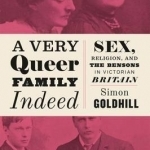
A Very Queer Family Indeed: Sex, Religion, and the Bensons in Victorian Britain
Book
"We can begin with a kiss, though this will not turn out to be a love story, at least not a love...
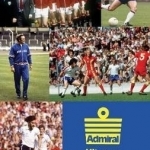
Admiral: Kit Man
Book
Bert Patrick's first sponsorship contract with the England football team in the 1970s cost...

Alfred the Great: Pocket Giants
Book
'Alfred is one of the most remarkable rulers of any time or place. This clear, readable and...
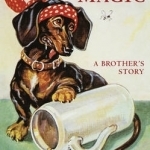
Animal Magic: A Brother's Story
Book
'Your brother looked healthy, happy, natural. But everything else about him is extremely odd. Not...
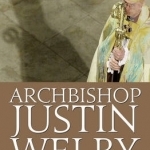
Archbishop Justin Welby: Risk-taker and Reconciler
Book
When the search for a new Archbishop of Canterbury began, Justin Welby had been a bishop for only...
The Building Society Promise: Access, Risk, and Efficiency 1880-1939
Book
The permanent building societies of England grew from humble beginnings as a multitude of small and...

I Explore Digging for Dinosaurs
Kate Daubney and Mike Goldsmith
Book
A collectible board book series with a non-fiction twist: toddlers have mini adventures and explore...
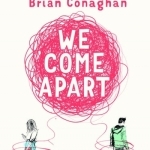
We Come Apart
Sarah Crossan and Brian Conaghan
Book
Read the opening pages here YA rising stars Sarah Crossan and Brian Conaghan join forces to...
Lawyers at Play: Literature, Law, and Politics at the Early Modern Inns of Court, 1558-1581
Book
Many early modern poets and playwrights were also members of the legal societies the Inns of Court,...
Lying in Early Modern English Culture: From the Oath of Supremacy to the Oath of Allegiance
Book
Lying in Early Modern English Culture is a major study of ideas of truth and falsehood in early...
